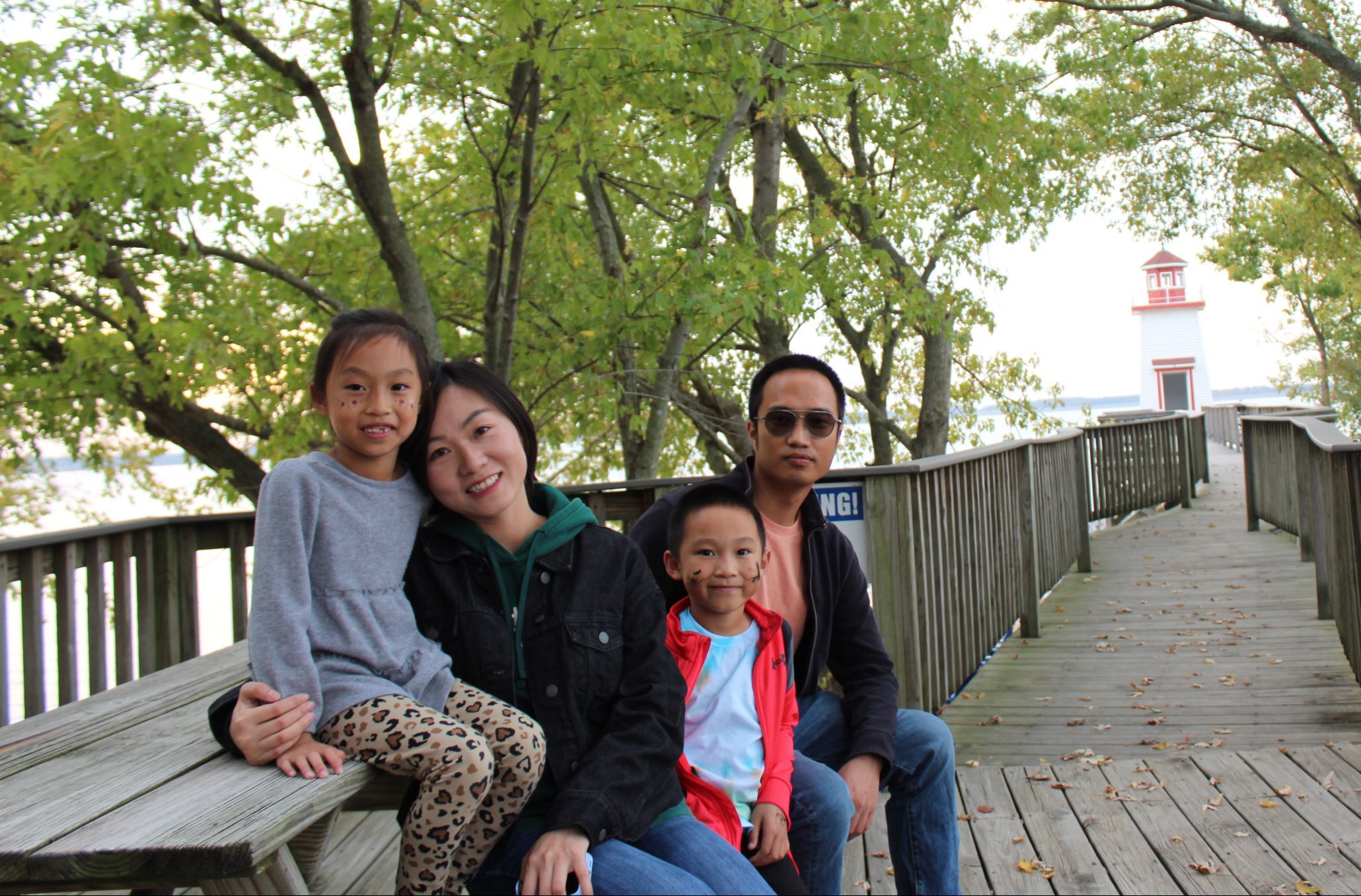
Lotus therapist Sharon Stalions shares her advice to families considering family therapy.
“There are many reasons that people may go to family therapy. It may be a change in the family and the way it functions, it might be coping with hardships that the family are facing together, it might be improving communication, or it might be reducing conflict.” — Sharon Stalions, Lotus Family Therapist
As your regional Children’s Advocacy Center, we partner with caregivers to build protective factors and cope with stressors so families are resilient and children thrive. Children grow and learn best in families with the support and skills needed to face difficult times that every family experiences. One way to build protective factors in your family following a traumatic event or hardship is to begin family therapy. Like any form of therapy, family therapy can seem intimidating at first. It is normal to feel nervous or unsure if family therapy is the right step for your family. Lotus therapist, Sharon Stalions offers her expert advice on ways to prepare and what to expect when going to therapy with your family.
Families can prepare by being open and honest with everyone who will be involved in the process
Family therapy is unique because the whole family participates and interacts with each other along with the therapist. This is different than individual therapy, where one person is the client and the main focus.
Starting family therapy should never be a surprise to anyone involved. Instead, it should be a collaborative decision from the start. Sometimes, family therapy may even include grandparents or other family members that are closely involved with the person seeking care, while sometimes it might just be a caregiver and their child.
When considering therapy for your family, it may be helpful to identify goals before your first session so you have some ideas about what you would like to work towards.
Here are some questions to consider: How would the family like to function better? What are some things they would like to handle differently?
Parents can explain in a kid-friendly way what to expect during family therapy

Phrases such as, “We’re going to go talk to someone to help us communicate better after school tomorrow” can be useful when explaining therapy to a child.
Parents should tell their child when the appointment is, so they don’t feel surprised. It’s important to remember that family therapists serve the whole family, so they are not there to take the parent or the child’s “side.” They are there to look at interactions between each member of the family.
Sometimes it can help kids to reassure them that they are not going because they are in trouble, and it is not the therapist’s job to get them in trouble—they want to understand and to help!
What should you expect during their first family therapy session?
During the first session, the therapist will meet with your family, and begin to get to know your family as a system. They will provide you with education about how family therapy works, their style of therapy, and how privacy will work when working with your whole family.

During your first session, You will start creating a treatment plan to reach your family goals.
They will likely take a history and start to learn why you have decided to start family therapy. They will also begin the process of setting goals and assigning homework for each family member to do outside of the session to give your family some ideas to put into action immediately.
By the end of the first session, you should have a feel for your therapist and their style, and a better understanding of what to expect during family therapy with that therapist. You should also have the start of a treatment plan with your family goals.
Family therapy is such a powerful opportunity to improve the way that your family functions as a team. Often, family communication styles are formed over years and years, or even generations. Having the opportunity to grow as a family to break ineffective cycles and form healthier ways to interact can be healing for everyone in the system.
Where to start
You can contact our 24-hour helpline at 1-800-928-7273 to receive confidential support from a trained advocate. Advocates can connect you to resources that can assist with your next steps toward healing and recovery, including therapy services.
You can also explore our family support page to find additional resources and learn about protective factors.







